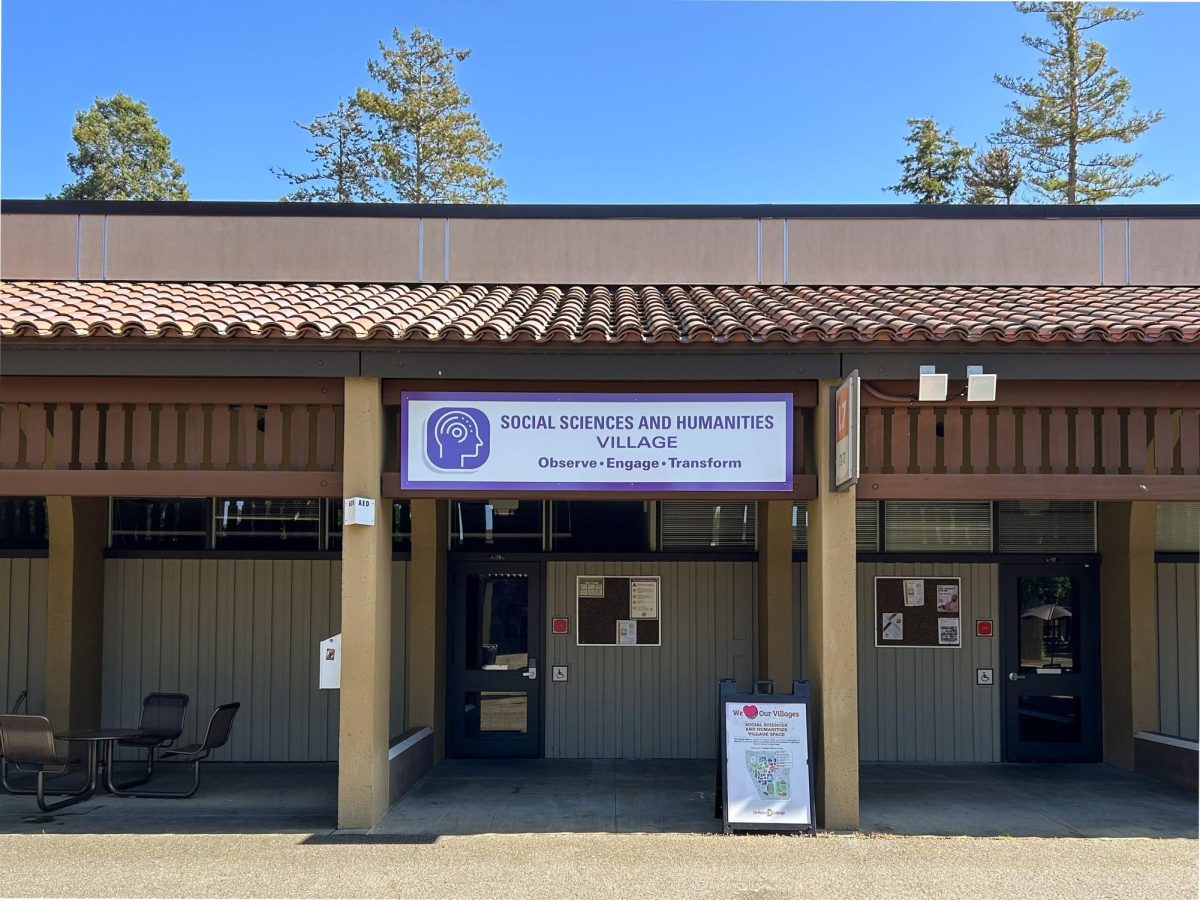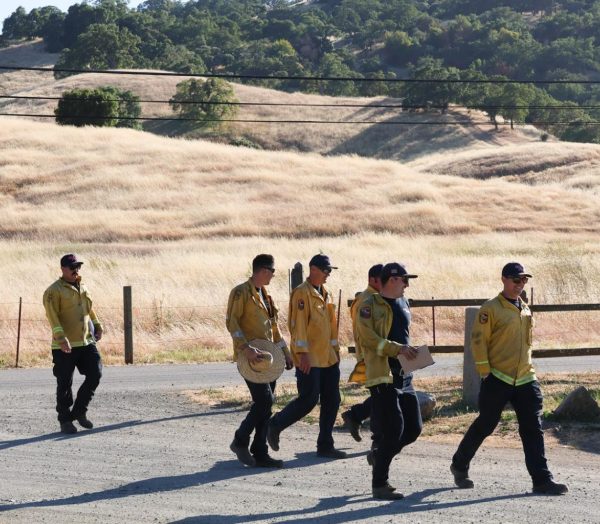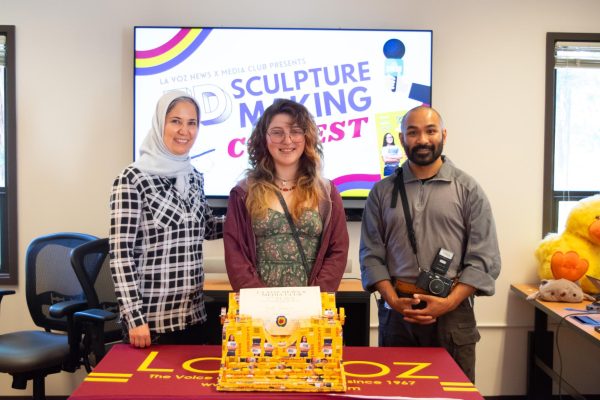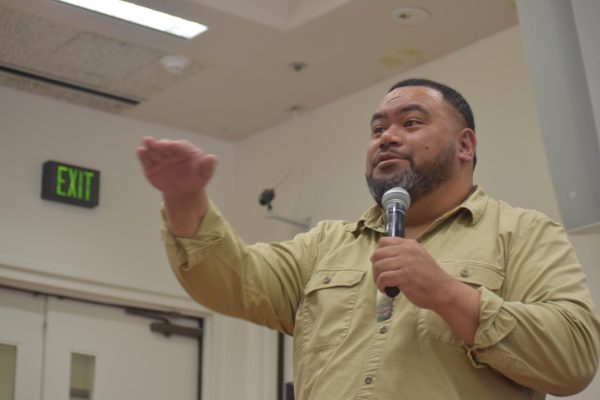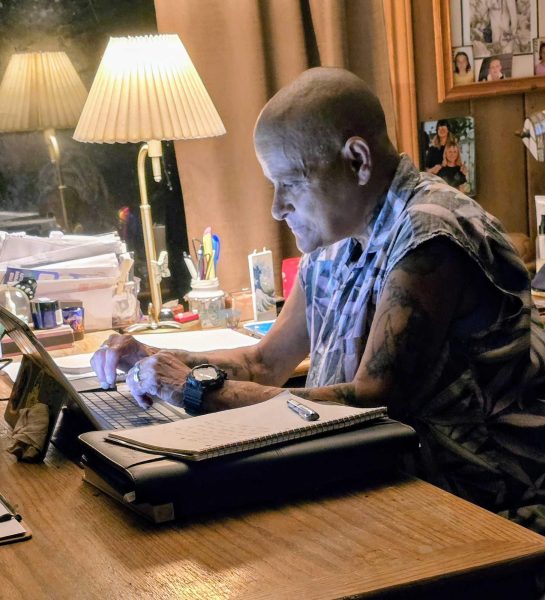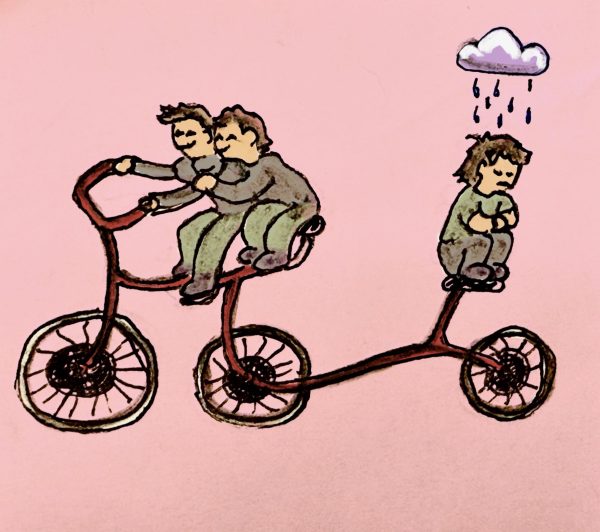Free college will benefit the rich more than the poor
June 6, 2019
Free college for all is an ambitious idea touted by some presidential candidates as a step towards racial and economic equality. However, it will ultimately best serve upper and middle-class students while directing resources and attention away from efforts that actually address inequity.
In 2015-2016, around 90% of Asian and white students graduated high school on time, while Hispanic, black, and American Indian and Alaska Native students graduated at 79%, 76%, and 72% respectively, according to the National Center for Education Statistics.
With higher high school graduation rates, already-advantaged populations will take the greatest share of the benefits of free tuition.
People from lower economic classes also experience a far lower gain in income from a college degree than those from the middle and upper classes, according to the Brookings Institution.
The gap in earnings between college graduates who come from poorer households and those from richer households is greater than the gap between high school graduates of each group. By mid-career, college graduates from poorer backgrounds earn half as much as their more privileged counterparts.
Free college for all will have little effect on equalizing these salaries, and disadvantaged students will never be the beneficiaries of such a stratified system.
Students from poorly-funded primary and secondary schools will still be limited in which colleges they can attend, and the highest-earning colleges will continue to grossly over-represent students whose parents could afford to provide them with more advantages growing up.
All of these factors ignore the reality that tuition is not the only financial barrier to attending college. Many students without the funds to afford ancillary costs such as room and board will be unable to attend even a free college.
More focus should be given to increasing equity early in a person’s life, rather than trying to reverse the challenges accrued over a disadvantaged childhood.
Primary and secondary schools need to be better funded and better integrated to provide all students better educations. We need to address the segregation of opportunities based on neighborhood and ZIP code and confront the systematic racism that permeates our entire society.
Free college will have no immediate and likely little future impact on these problems.
Far from being a panacea for all equity issues in this country, free college tuition would endow huge profits on those wealthy enough to take the greatest advantage of it, while giving consolatory benefits to those who are held back from prosperity for a myriad other reasons.









